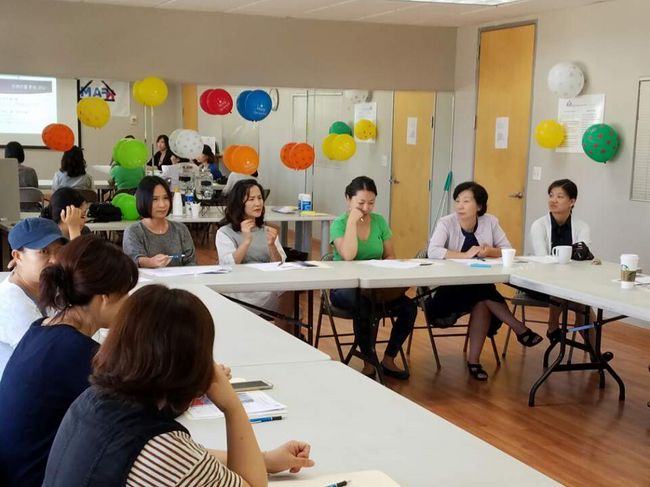
A high school freshmen, only identified by his first initial “A,” wanted to spend more time with his new girlfriend. However, his girlfriend has apparently been busy hanging out with her other friends. “Why aren’t you picking up your phone?” the boy said in a text message to his girlfriend. “You have to answer my calls from now on.”
An eighth-grade girl, identified only by her first initial “B,” has been under a lot of stress. Her boyfriend was forcefully initiating physical contact with her. B was taken aback by his behavior, but she has seen such incidents occur in Korean dramas in the past. She simply came to the conclusion that her boyfriend’s behavior was caused by his intimate feelings towards her.
Although the aforementioned cases may seem common in relationships, both can easily be considered as dating violence. In other words, children who grew up in Korean-American households may be more susceptible to being involved abusive relationships.
To raise awareness on the significance of dating violence, Korean American Family Services (KFAM) held a seminar on dating experiences of children and violence on Wednesday for parents. At the seminar, one of the most prioritized message was that abusive behavior in relationships is not only limited to assertion of physical force.
“Parents often worry about the possibility of their daughters being involved in dating abuse,” said KFAM program manager Jennifer Oh. “But even boys, as shown in the case of A’s example, can be involved in dating abuse without even knowing it himself.”
Moreover, many young girls, including B, does not possess the fundamental understanding to identify a flawed relationship due to the influence of the Korean media. In many cases, including the one involving B, the victims often assume that abuse stemming from jealousy and possessive attitude is “romantic.”
“Parents can play an important role in educating their children about the dangers of dating violence,” said Oh. “However, many parents aren’t communicating properly with their children about this.”
At least one in every three teenagers who have been involved in a romantic relationship has been found to have suffered abuse from the partner, according to KFAM’s statistics. Among those who took part in the survey, 74 percent of the male respondents said that they have not had discussions with their parents about dating abuse, while 66 percent of the female respondents said such a conversation has never taken place.
KFAM plans to hold similar seminars on a regular basis, as the second one is already set for Sept. 14. The organization is also preparing for another seminar in the future which will encourage both parents and children to attend collectively.
By Soo Yeon OH




